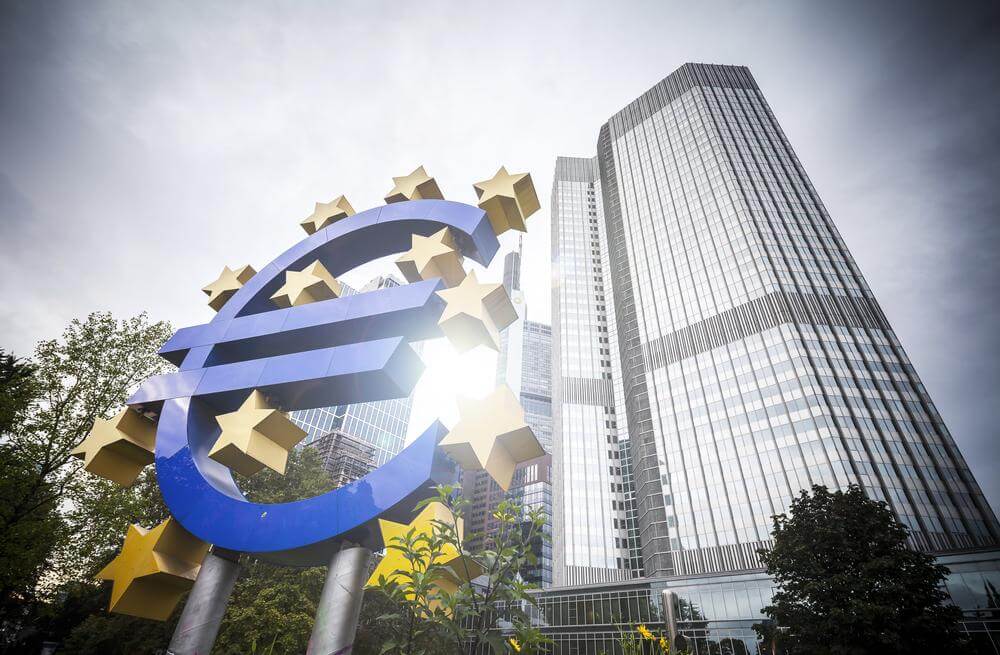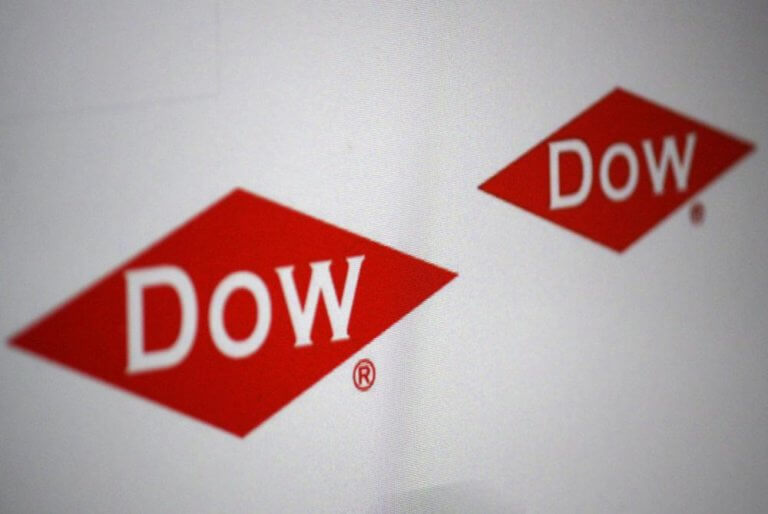Eurostat, the European statistical agency, reported today that Eurozone’s annual consumer price inflation fell to 0.3% in September, down from 0.4% in August. This is in line with the flash estimate released at the end of September and marks the lowest recorded rate since October 2009. The strongest downward impact on Eurozone’s annual inflation came from fuels for transport, telecommunications, and gas, all of which saw a fall in prices.
Today’s figure comes as the latest blow to a hurting Eurozone. As even the area’s strongest performers such as Germany witness a slowing recovery or even fall back into recession, concerns regarding the currency area’s economic outlook intensify. Perhaps even more concerning than the low consumer price index (CPI) is the continued reluctance of the European Central Bank (ECB) to follow in the steps of the US and the UK and introduce full-scale quantitative easing (QE). Pressures on the ECB created by the threat of deflation have been counteracted by German opposition to an asset purchasing scheme. Even now that its own economic recovery has been stifled by weak production output and diminishing exports, there are no clear indicators to suggest that Germany will take steps to permit a proper QE programme.
Considering the disappointing Eurozone inflation figure and this month’s developments more generally, the IMF’s recent description of the global economic recovery as ‘weak and uneven’ rings true. Setbacks in the Eurozone couple with tensions over Russia and the Middle East, as well as lower spending in Japan and more uncertain growth in China. The fragility of the economic recovery is evident even in the US and the UK, which have generally been showing more positive indicators than the Eurozone. US retail sales fell in September, as did producer prices. This week’s sharp drop in global shares reflects the extent of market doubt over the global economic outlook, as even countries further along the recovery path show mixed signs.
After today’s data release, all eyes are on Mario Draghi and the ECB as the calls for US and UK-style QE become increasingly valid. However, it remains to be seen if Germany’s stance changes in light of its own and global economic concerns.
























